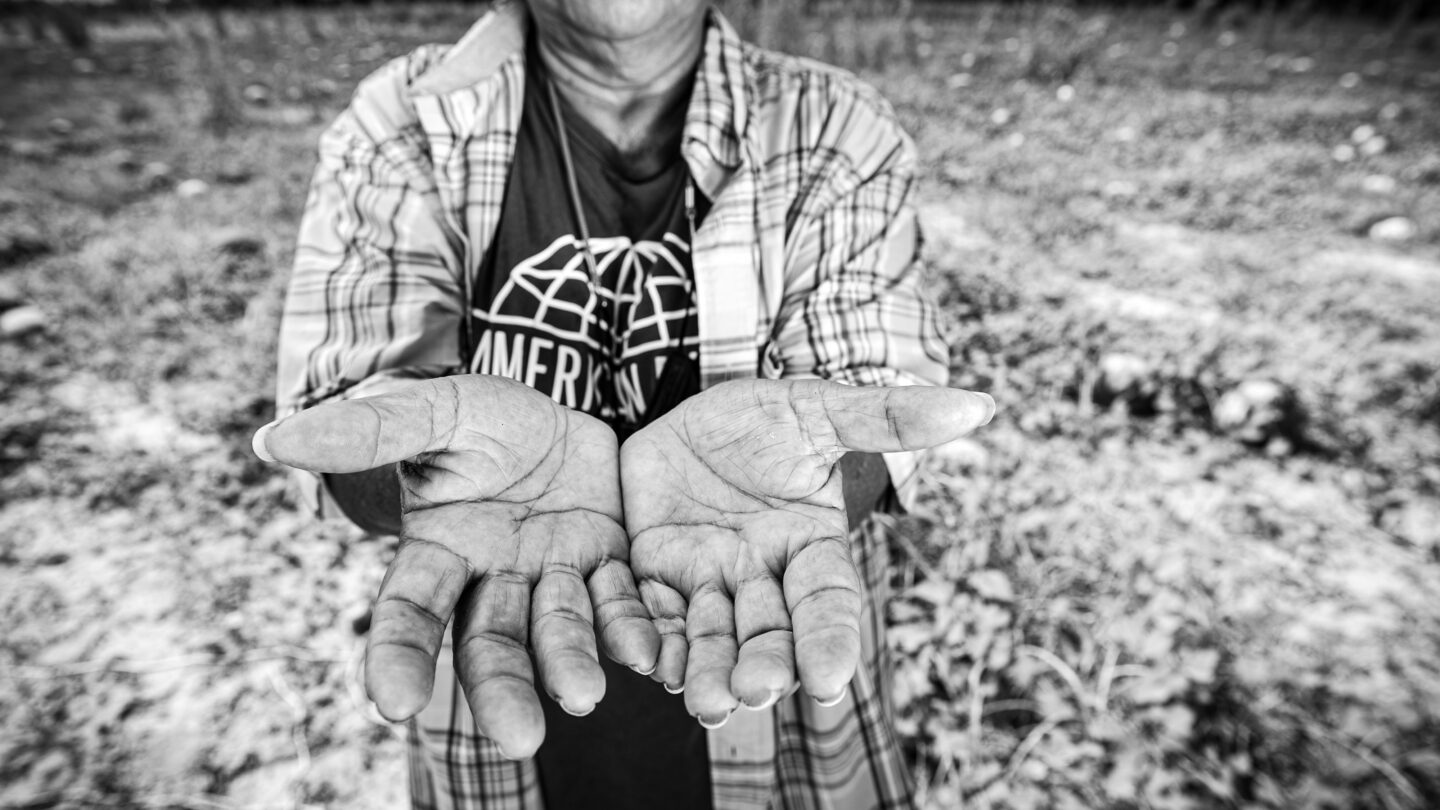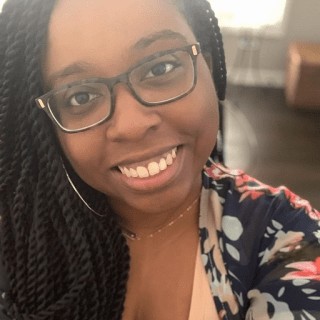
From September 15 to October 15, in observation of Hispanic Heritage Month, Atlanta History Center is honoring and highlighting the Latinx community for their continuous contributions to American society. According to the Latino Community Fund (LCF), more than 1 in 10 people who live, work, and study in Georgia are of Latin American descent.
To recognize the contributions of essential workers of Latin American descent in Georgia, LCF Georgia, along with Emmy-award-winning photographer and videographer Miguel Martinez and photographer Hector Amador, created a campaign to uplift the stories of those essential heroes who go unnoticed in our daily lives. The #GALatinxHeroes project incorporates representation from diverse economic sectors, identities, and communities.
Despite often being overlooked, these individuals toil every day to better our state and provide for their families across a wide range of fundamental industries.
At the forefront of the pandemic, essential workers sacrificed their personal health and time with loved ones to save, serve, protect, teach, maintain food supply, and much more. Each person featured here has been personally affected by COVID-19 yet continues to give and contribute to Georgia and their local communities.
Construction.
Agriculture.
Healthcare.
Sanitation.
“For me, being Latino during the pandemic has been a bit more difficult because there has been little information for Hispanics. When it started, first responders were given resources to be protected, but other essential workers had to be more careful because they didn’t take us into consideration at that time.”


